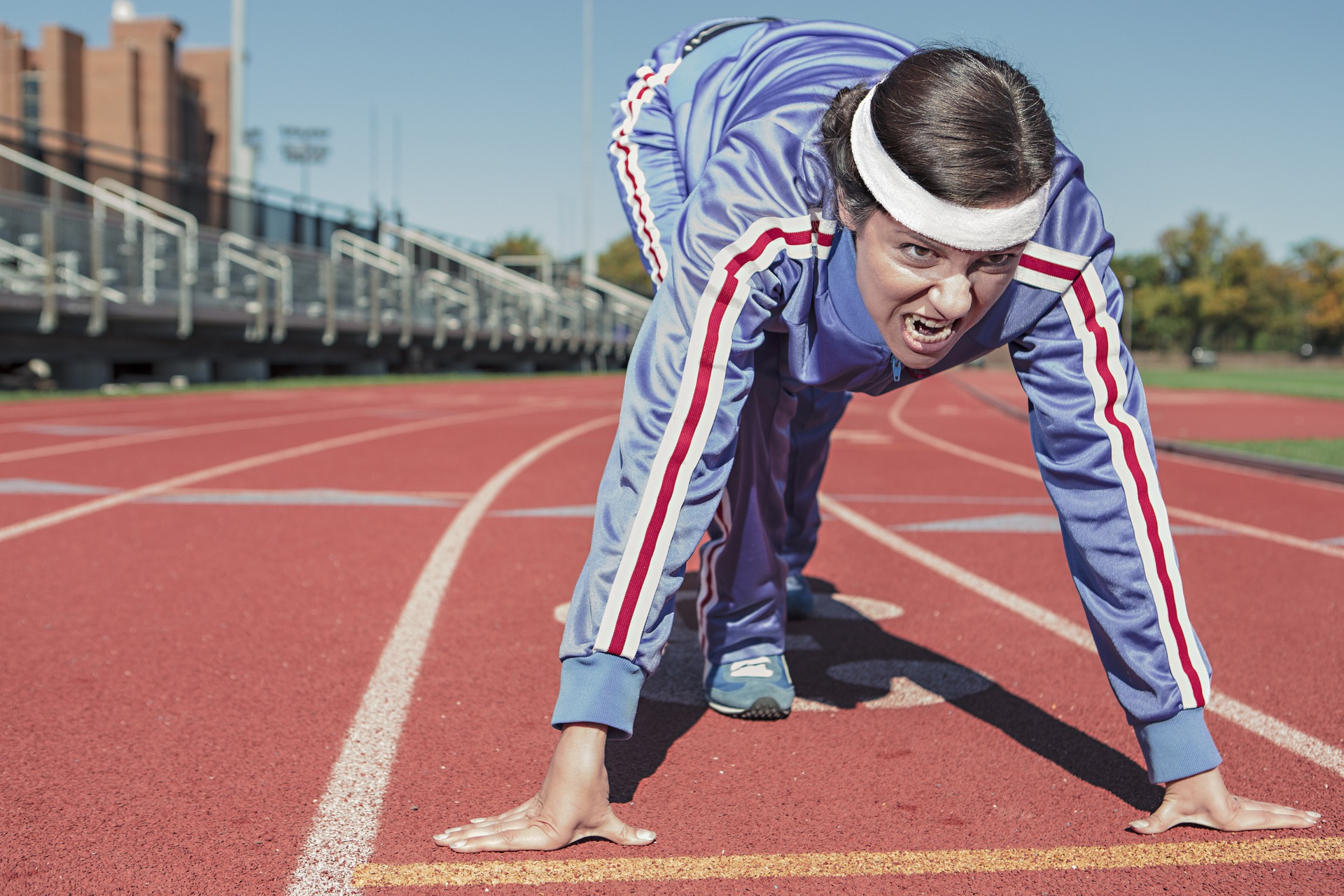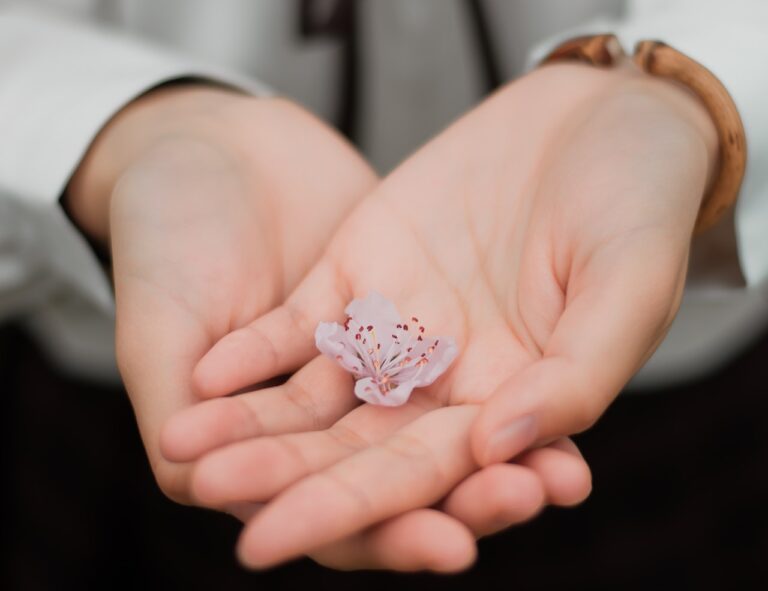The Horrifying Truth About Skin, Stress, and Anxiety
Stress is part of life.
You can’t avoid it completely, but you can manage it’s effects.
Believe it or not, stress is actually a healthy human response. It’s part of an important physiological feedback loop that helps us make decisions.
It’s not that stress is bad for our bodies.
Having stress in our lives is actually critical for balancing our body chemistry. Despite this, we’ve read countless articles about how bad cortisol is, when the truth is that we can’t live without it!
Let’s be clear: the problem only happens when we’re stressed out all the time. You’re not just going to start growing zits just because you had a tough day.
Let’s unpack this for a second.
As humans evolved, those who paid more attention to negative or threatening things around them were more likely to pass on their genes. The were more likely to defend themselves, avoid risky situations, and survive long enough to reproduce.
If you’re afraid of snakes or spiders, this evolutionary adaptation is likely to blame.
In psychology, it’s called “attentional vigilance,” and you guessed it, it’s the first part of our “fight or flight” response.
The problem only happens when we’re “hyper-vigilant” to these stimuli and can’t un-focus from them easily.
Trust me, we’ve all done this.
We fixate on ‘bad’ features, ruminate on past experiences, or criticize our imperfections without stepping back and looking at all of the amazing parts of ourselves.
How much time have we each wasted on that damn pimple in the mirror?
So wait, how is this healthy again?
When you’re feeling stress and anxiety, your body is preparing you for two outcomes. You’re either going to about to fight for your life, or run for it.
You’ve felt this, but you might not know the consequences for your body.
Adrenaline hits the bloodstream, driving up heart rate and skin temperature. Metabolism stops to conserve energy. The mind blocks out anything that’s not related to the focus of your fear, and blood flow diverts to your arms or legs.
Suddenly, the only thing we can hear is our own heart beat, and we’re stuck standing there with a dry mouth and clammy hands.
You might be thinking:
“So maybe this was helpful when we were running from animals who might sting, bite, or eat us, but I work in cubicle. Why is this still happening?”
Our environment may have changed, but our biology hasn’t caught up.
We’ve found new sources of stress and new behaviors that fill the gaps.
Instead of freezing like a deer in headlights, we’re avoiding social engagements because we broke out in a rash. Remember high school?
I try not to think about it, actually.
And remember those biological effects? Adrenaline? Metabolism stopping? Skin temperature?
This is what makes chronic stress a biological nightmare.
Think about it. If you’re constantly stressed or anxious, you might be more susceptible to weight gain because your metabolism is slowed down.
But how do stress and anxiety symptoms affect skin?
Your increased skin temperature might be keeping your pores wide open, waiting to collect dirt and bacteria.
Excess cortisol can sometimes produce extra oils (like Sebum), making a nice home for those bacteria.
Chronic stress can also thin your skin over time. This can lead to enlarged or varicose veins, increased risk for sunburn and a higher instance of zits, pimples and rashes.
Yikes! All that?
But don’t worry, it gets worse.
As we age, we tend to accumulate and retain stress hormones like cortisol more than we did when we were younger! Which means that keeping our stress hormones balanced is even more critical with age.
3 simple stress management strategies
Okay, that was pretty intense.
But let’s take a step back, zoom out, and look at how we can “un-stress.”
Here are some actionable stress management strategies that can help you unstress yourself and keep your skin shiny and healthy:
- Turning up the cardio at the gym can help clear your bloodstream and balance your cortisol levels for healthy internal chemistry.
- Talking to a close friend can help you verbally process your stress and anxiety or fear and help give you a positive perspective.
- Meditation can train your brain to focus on what’s actually important, instead of all the minutiae that get in the way.
Let’s get unstressed, together.
We are all different. We each have our own tricks for dealing with our bosses, co-workers, and in-laws. We each have things we can do that work for us.
When we feel comfortable in our clothes, we stand taller, walk faster, and talk more confidently.
The same goes for our skin. We should feel comfortable in it!
By sharing habits that work and empowering each other, we just might help more people get unstressed. We just might help more people feel confident in their own skin.
And isn’t that the kind of world we want to live in?
Share your tips and tricks for unstressing yourself on Twitter and Instagram with #letsgetunstressed. And share this article with someone who needs to see it.







